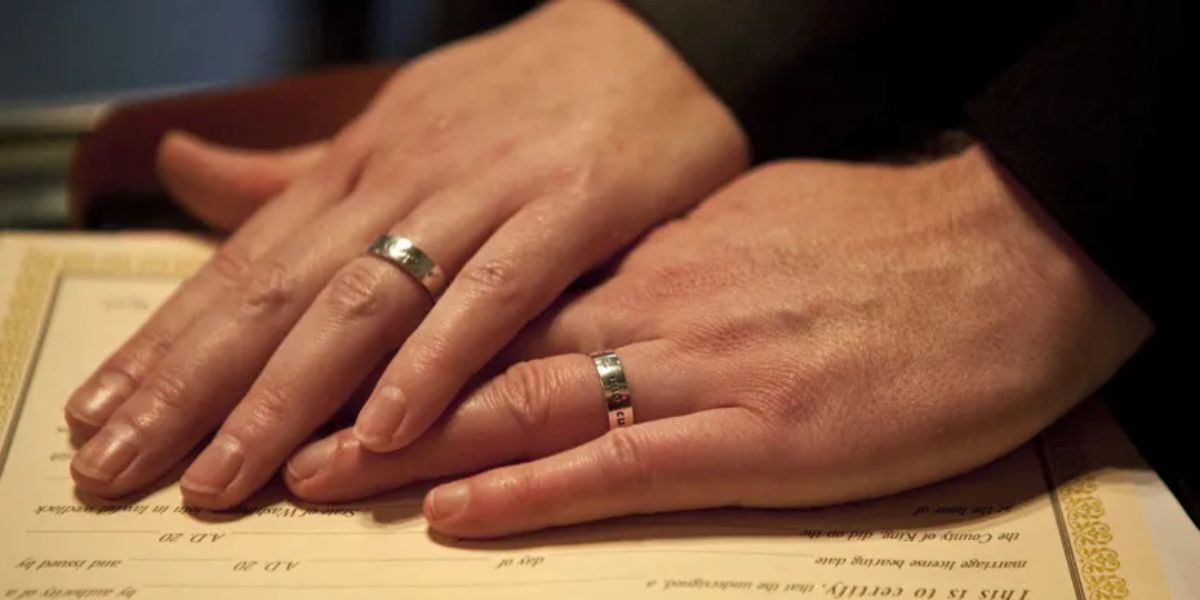Understanding the Legal Battle for Same-sex Marriage in Idaho: From 1995 to Today
Yes, same-sex marriage is legal in Idaho. However, the journey to this legal recognition has been marked by legal battles, political resistance, and ongoing debates. This article delves into the history, legal developments, and current status of same-sex marriage in Idaho.
A History of Legal Challenges
Early Legal Landscape
In 1995, Idaho amended its marriage statutes to define marriage as between a man and a woman. By 1996, the state further prohibited the recognition of out-of-state same-sex marriages. These legislative actions laid the groundwork for future legal challenges.
The 2006 Constitutional Amendment
In 2006, Idaho voters approved a constitutional amendment defining marriage exclusively as a union between one man and one woman. This amendment was enshrined in the state constitution, reflecting the prevailing sentiment at the time.
The Latta v. Otter Case
The tide began to turn in 2013 when four same-sex couples filed a lawsuit against Idaho’s marriage laws. In May 2014, U.S. District Magistrate Judge Candy Dale ruled that Idaho’s ban on same-sex marriage was unconstitutional, citing violations of the Fourteenth Amendment’s equal protection clause. The Ninth Circuit Court of Appeals affirmed this decision in October 2014, and the U.S. Supreme Court declined to intervene, effectively legalizing same-sex marriage in Idaho on October 15, 2014.
Current Legal Status
Legalization and Federal Protections
Following the 2014 court ruling, same-sex couples in Idaho gained the legal right to marry. This was further solidified by the U.S. Supreme Court’s 2015 decision in Obergefell v. Hodges, which legalized same-sex marriage nationwide. Additionally, the Respect for Marriage Act, signed into law in 2022, provides federal protections for same-sex marriages, ensuring recognition across all states.
Ongoing Political Resistance
Despite the legal recognition, political resistance persists. In January 2025, the Idaho House passed a non-binding resolution urging the U.S. Supreme Court to reconsider and potentially overturn its 2015 Obergefell decision. While the resolution holds no legal power, it reflects ongoing efforts by some lawmakers to challenge the federal legalization of same-sex marriage.
Public Opinion and Social Climate
Public opinion in Idaho has evolved over time. While initial support for same-sex marriage was limited, recent polls indicate a majority of Idahoans favor its legalization. This shift mirrors national trends, where acceptance of same-sex marriage has grown significantly over the past two decades.
Conclusion
In summary, same-sex marriage is legal in Idaho, a right secured through legal challenges and federal rulings. While political resistance continues, the legal framework upholds the rights of same-sex couples. As societal attitudes continue to evolve, the legal recognition of same-sex marriage in Idaho stands as a testament to the progress made in the pursuit of equality.

